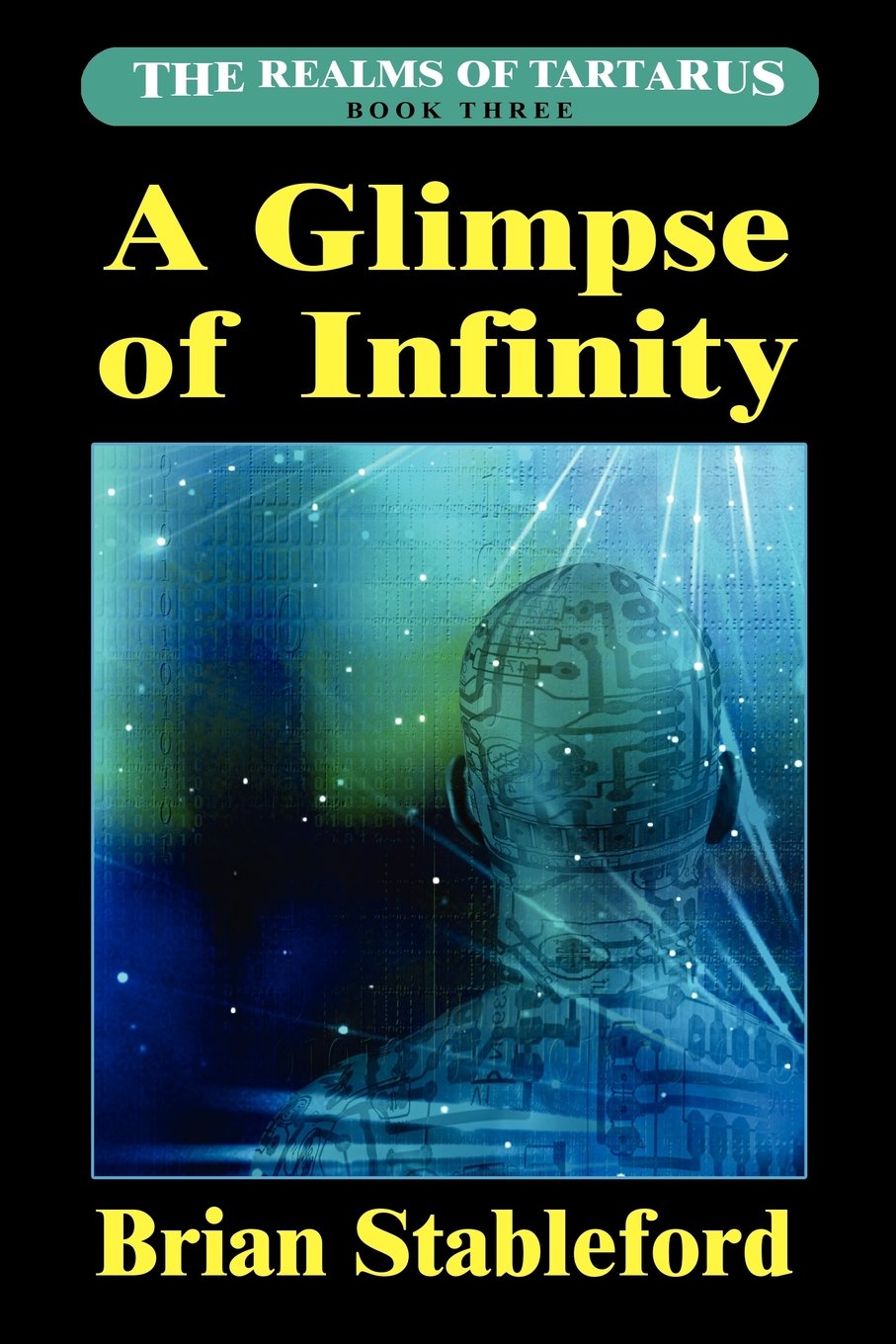| Home |
| Novels |
| Collections |
| Translations |
| Non-Fiction |
| Short Stories |
| Anthologies |

The masters of the Euchronian Millennium are panicking. The fabric of their ideal society on the platform built over the Earth has been ripped, and the order that they hold so precious seems to be teetering on the brink of collapse. In order to save it, the Hegemon has decided to obliterate all life in the perpetually covered Underworld of Earth from which the threat comes--but his followers are of two minds as to whether that's even possible, let alone justifiable.
As the opposition grows, the plan goes forward--but then the Underworld begins to fight back, and everything's thrown into chaos: a chaos with which the citizens of a supposedly ideal society are simply not equipped to deal.
Meanwhile, in the Underworld, the fight for survival goes on, as bitterly and ruthlessly as ever.
The smashing conclusion to The Realms of Tartarus Trilogy!
Published by Wildside Press in December 2012.
ISBN: 978-1-4344-4596-4
First published in omnibus The
Realms of Tartarus
Translated into French as part of Les
Royaumes de Tartare.
Translated into German as: Zurück
ins Licht;
Translated into Japanese

